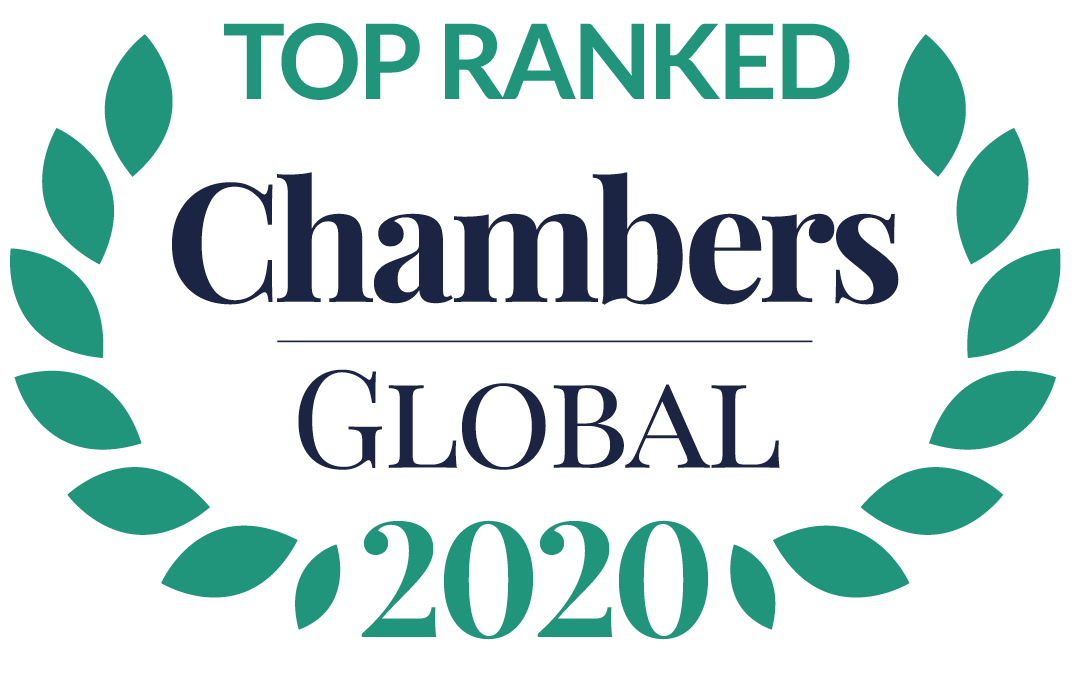IMAGE RIGHTS AND DATA PROTECTION IN KENYA.
02 Mar 2024

GOVERNING FREEDOM OF EXPRESSION IN THE SOCIAL MEDIA
Kenya has recently enacted the Computer and Cybercrimes Act to provide a clear legal framework for offences touching on use of computer systems. The act provides limitation on the freedom of expression to protect abuse of other rights such as freedom of privacy and human dignity. This article discusses how the Computer and Cybercrimes Act has used criminal law to limit the freedom of expression and if it has met the threshold.
Article 33 of the 2010 Constitution of Kenya provides for freedom of expression.[1] The International Covenant on Civil and Political Rights and the 1948 Universal Declaration of Human Rights provide for the freedom of expression to seek, impart or receive information and ideas, in the form of art, orally, in print or any media of his choice.[2] This freedom like any other right, is inherent right in any democratic state.[3] Both the domestic and international legal framework provide for how the government is supposed to impose limitation on the freedom. The principles to be used in the limitation of freedoms are laid down both under domestic law of Kenya and International law and must be reasonable. Freedom of expression enables citizens to evaluate their government and speak of its ills and[4] it is through such a freedom that democracy is practiced.[5] It gives everyone the right to express an opinion easily and freely[6] fostering the need for tolerance of the opinion of others.[7]
LEGAL FRAMEWORK GOVERNING LIMITATIONS
The government is required to be very cautious while interfering with such freedom. It should not limit the freedom for purpose of escaping scrutiny from its citizens and any reason to restrict freedom should only be for the purpose of preventing abuse of the freedom of citizens and maintaining public order.
There are principles that the state must follow in limiting the freedom of expression. These principles are mainly based on reasonability and proportionality. The judicial organs have on several decisions succinctly provided on how the principles should be applied. Madan J stated in the case of Githunguri vs. Republic[8] that rights cannot be absolute and must be balanced against other rights and freedoms together with the general welfare of the community. Justice Holmes in the case of Abrams vs United States stated that when it came to the question of limitation of freedom of expression, the question in every case is whether the words have been used in such a nature as to create clear and present danger that would result to substantive evil. However, imposition of limitation on the freedom of expression must be imposed by law.[9]
THE COMPUTER MISUSE AND CYBERCRIMES ACT
The Human Rights Committee has stated that the freedom of expression extends to the social media platform.[10] This gives every person the right to freely express oneself on any issue. Research show that people spend a lot of time of the social media as it is estimated that an average person spends about 118 minutes on the social media in a day.[11] Kenya has over 20 million Internet users, with a significant number of these being active in the social media space[12] especially on popular social networking sites such as Facebook and Twitter. These sites provide a platform for debate on topical issues and especially politics.
Because information can be able to spread to huge number of people within a very short period[13] social media has become prone to abuse of privacy, identity theft and cyber bulling. This shows that it has a very huge impact regarding its content. This has therefore created the need for studies and research on the effects of social media. This is to protect its users and the general public from any harm that might arise from the social media growth.
In Kenya, there has been huge increase in the spread of ethnic hate in the social media.[14]Those who use these platforms to spread hate or propaganda of war must be regulated.[15]
The Computer Misuse and Cybercrimes Act provides broad provisions on social media use. This was reactive to the fact that Kenya did not have clear laws to control its use. Judge Mumbi Ngugi in Geoffrey Andare vs. Attorney General and another[16] declared Section 29 of the Kenya Information and Communications Act unconstitutional. The Section provided for criminalization of use Information and Communication and Technology devices for posting grossly offensive items.
The Act provides for several offences such as cybersquatting, unauthorized access, cyber espionage, false publication, child pornography and phishing. It provides for investigations of such crime and provides for means of international cooperation in gathering evidence. However, twenty-six provisions of the Act have been suspended. This is after a case was filed challenging the validity of several provisions. One of the basis of the case was that the provisions were a violation of freedom of expression. As the court presides this matter, the determination of the case shall be based on the limitation of rights and freedoms.
CONCLUSION
Whereas the Freedom of expression is limited in some ways, it can be limited further in the social media space. However, the limitations must meet the threshold of the principles provided under Article 24 of the Constitution. The Act is a move towards the right direction, but the state should be cautious not to infringe upon the right.
For more information on this subject, please do not hesitate to our Firm and our contact details are set out below:
Managing Partner & Head of Department, Dispute Resolution Department,
Email: kingori@ashitivaadvocates.com
Associate, Dispute Resolution Department,
Email: egekonge@ashitivaadvocates.com
[1] The Constitution of Kenya 2010, Article 33
[2] UN General Assembly, International Covenant on Civil and Political Rights, 16 December 1966, United Nations, Treaty Series, vol. 999, p. 171, available at<http://www.refworld.org/docid/3ae6b3aa0.html> [accessed 26 July 2016]
[3] Robert Trager & Donna L Dickerson,’ Freedom of Expression in the 21st Century,’ (1999) Pine Forge Press page 12
[4] Michael Perry,’ Freedom of Expression: An Essay on Theory and Doctrine,’ (1984) 78 North Western University Law Review page 1137
[5] A Meiklejohn,’ The First Amendment and Political Speech: An Inquiry into the Substance and Limits of Principle,’ (1978) 30 Stanford Law Review page 299
[6] Ibid
[7] Herbert Marcuse,’ Repressive Tolerance,’ in R.P. Wolfe, B Moore, JR & H,’A Critique of Pure Tolerance,’ (1965) page 81
[8] [1986] KLR
[9] Commonwealth Secretariat,’ Freedom of Expression, Assembly and Association: Best Practice,’ (2003) Commonwealth page 23
[10] UN Human Rights Council, Report of the Special Rapporteur on the Promotion and Protection of the Right to Freedom of Opinion and Expression: Addendum, Communications to and from Governments, 16 May 2011, A/HRC/17/27, available at: http://www.refworld.org/docid/50f3db632.html [accessed 28 July 2016]
[11]Global Time Spent on Social Media in the Year 2016< https://www.google.com/ search?q=average +time+ spent+on+social+ media&oq =average+time+ spent+on+social+media&aqs =chrome..69i57.13025j0j7 &sourceid= chrome&ie=UTF-8> 16th June 2016
[12]Judy Mwende, Kenya has 26.1 internet users, Business Review 7th April 2015< http://www.kenyanbusinessreview.com/701/internet-users-in-kenya/> accessed on 16TH Jul 2016
[13] Ibid page 34
[14] Nelson Mandela, Is negative ethnicity becoming part of Kenyans? The Standard,17st June 2018
[15] Nanjira Sambuli, Faith Morara & Christine Mahihu, Umati: Monitoring Online Dangerous Speech in Kenya, (2013) Umati Report
[16] Petition No. 149 of 2015
02 Mar 2024
02 Oct 2023
22 Sep 2023
22 Sep 2023




